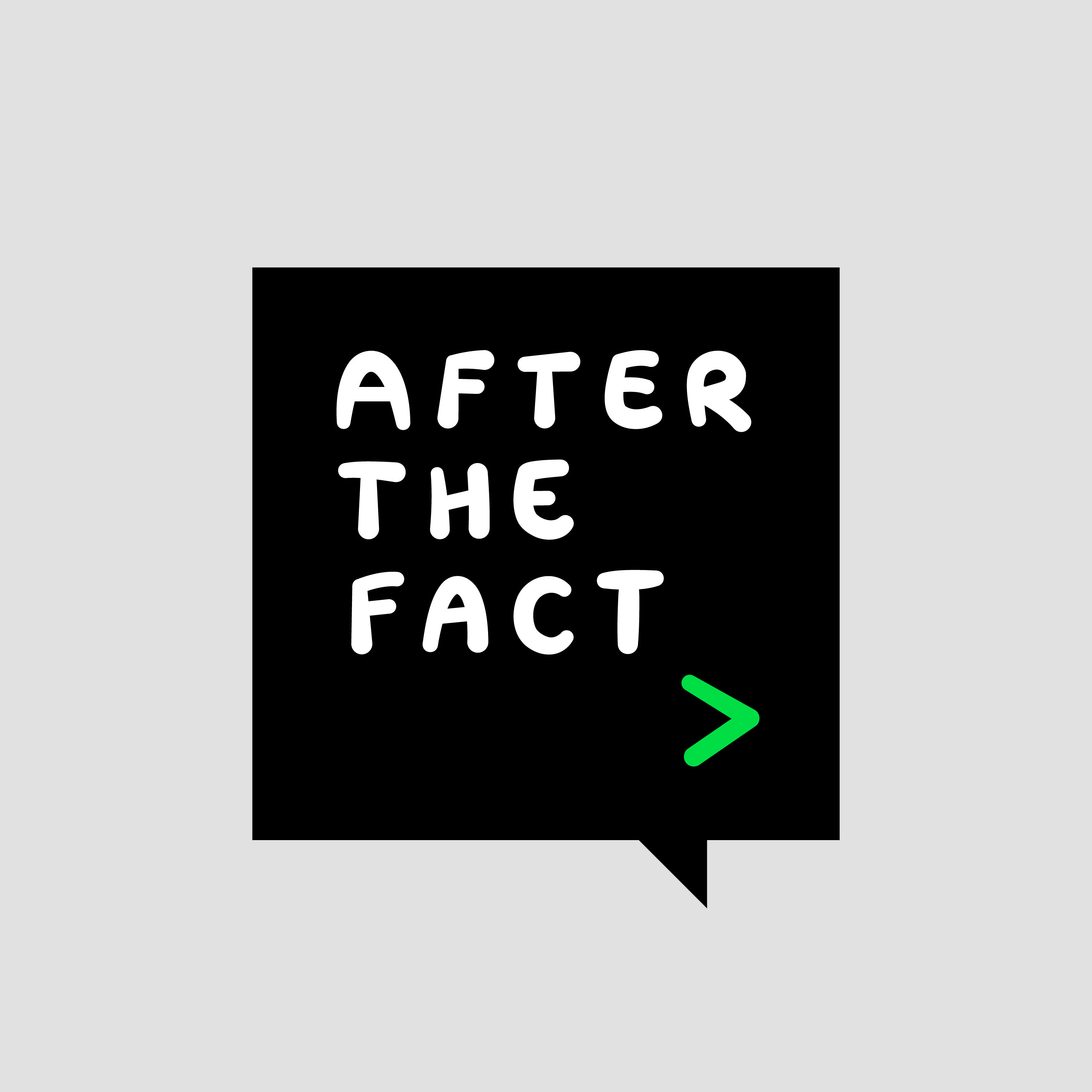

After the Fact
The Pew Charitable Trusts
After the Fact is a podcast from The Pew Charitable Trusts that brings you data and analysis on the issues that matter to you—from our environment and the sciences, to larger economic trends and public health. Experts from Pew and other special guests discuss the numbers and trends shaping some of society's biggest challenges with host Dan LeDuc, then go behind the facts with nonpartisan analysis and stories.
Episodes
Mentioned books

Apr 24, 2020 • 12min
State Budgets and COVID-19
Stat: $75 billion: The total amount of money that states had set aside in rainy day funds at the end of 2019 in case of an economic downturn. Story: The short-term effects of the coronavirus pandemic on our health care systems and daily lives were immediately clear. But how will states weather the economic storm over the long term? In this episode, we hear from Josh Goodman of Pew's state fiscal health team, who shares insights on the steps that states are taking to address looming budget shortfalls.

Apr 15, 2020 • 11min
7 Questions on the Daily Impact of the Coronavirus
Stat: 44 percent: The percentage of Americans who say the COVID-19 outbreak has changed their lives in a major way. Story: From how we work, socialize, and even pray, the coronavirus has upturned American life. The Pew Research Center's Claudia Deane summarizes recent survey findings, including Americans' views of the impact on their daily life, their concerns about the economy, and trust levels in government and the health system.

Mar 20, 2020 • 37sec
An Update From 'After the Fact': Coronavirus
As the world copes with the COVID-19 pandemic, Pew's "After the Fact" podcast is taking a pause. For all our listeners, stay safe and healthy, and we'll be back with new content soon.

Mar 13, 2020 • 20min
The Loss of Local News—A Good Story
Stat: 47 percent: The percentage decline of newsroom employees at newspapers between 2008 and 2018. Story: Newspapers are cutting staff or closing altogether, but in the final episode of our local news series we visit The Berkshire Eagle in western Massachusetts, which is bucking that trend. We speak to the publisher and editor who are adding reporters and to community leaders who value a local paper in their civic life.

Mar 6, 2020 • 19min
The Loss of Local News—News Deserts
Stat: 2000: More than 2,000 of the 3,143 counties in the United States have no daily local newspaper. Story: What is a news desert? We explore the definition—a community with limited access to credible and comprehensive news and information—by traveling to southeast Georgia where the Waycross Journal-Herald abruptly closed in September 2019. We also interview expert Penny Abernathy from the University of North Carolina at Chapel Hill, who has documented the spread of news deserts across the United States.

Feb 28, 2020 • 17min
The Loss of Local News—The Impact
Stat: 71: The percentage of Americans who believe that their local news outlet is doing well financially. Story: Local news outlets are struggling against declines in circulation and advertising, with 2,100 newspapers closing over the past 15 years. In the first installment of our three-part series on the changing landscape of local news in America, we hear from experts on what's changed and how it may be affecting our communities.

Feb 21, 2020 • 2min
Coming Soon: The Loss of Local News
Story: In this series, we explore the decline in local news coverage across America. Host Dan LeDuc interviews journalism experts, travels to a "news desert" where the daily newspaper recently printed its last edition, and visits the newsroom of a paper that is bucking the trend and doubling down on its investment in community coverage.

Feb 7, 2020 • 14min
Scientists at Work: Studying Volcanic Eruptions—When, How Big, and How Fast?
Stat: 800 million: The number of people in the world who live within the footprint, 62 miles, of a volcano. Story: In the latest episode in our "Scientists at Work" series, we go behind the scenes at the Smithsonian National Museum of Natural History, where we meet geologist and volcanologist Ben Andrews, who works to answer three key questions about volcanoes around the world: When will an eruption happen, how big could the eruption be, and how fast?

Jan 24, 2020 • 27min
Ken Burns: 'America's Storyteller' on His Creative Process
Stat: 22.73: Ken Burns' documentary Civil War was created from 22.73 miles of film. Story: Ken Burns is known for his expansive documentaries on American history and culture. With 33 documentary films to his name, what is the secret to his creative process? We travel to the New Hampshire barn where he works for a conversation about how he tells old stories in a new way and what inspires him to create.

Jan 10, 2020 • 20min
The State of Trust, Facts, and Democracy
Stat: 59 percent: The percentage of Americans who say they have little to no confidence in the public's political wisdom. Story: As the new year—and an election year—begins, we turn to data on our democracy to learn more about how Americans view institutions and civic life today. Host Dan LeDuc speaks with Michael Dimock, president of the Pew Research Center, about the latest research on trust, facts, and democracy in America.


